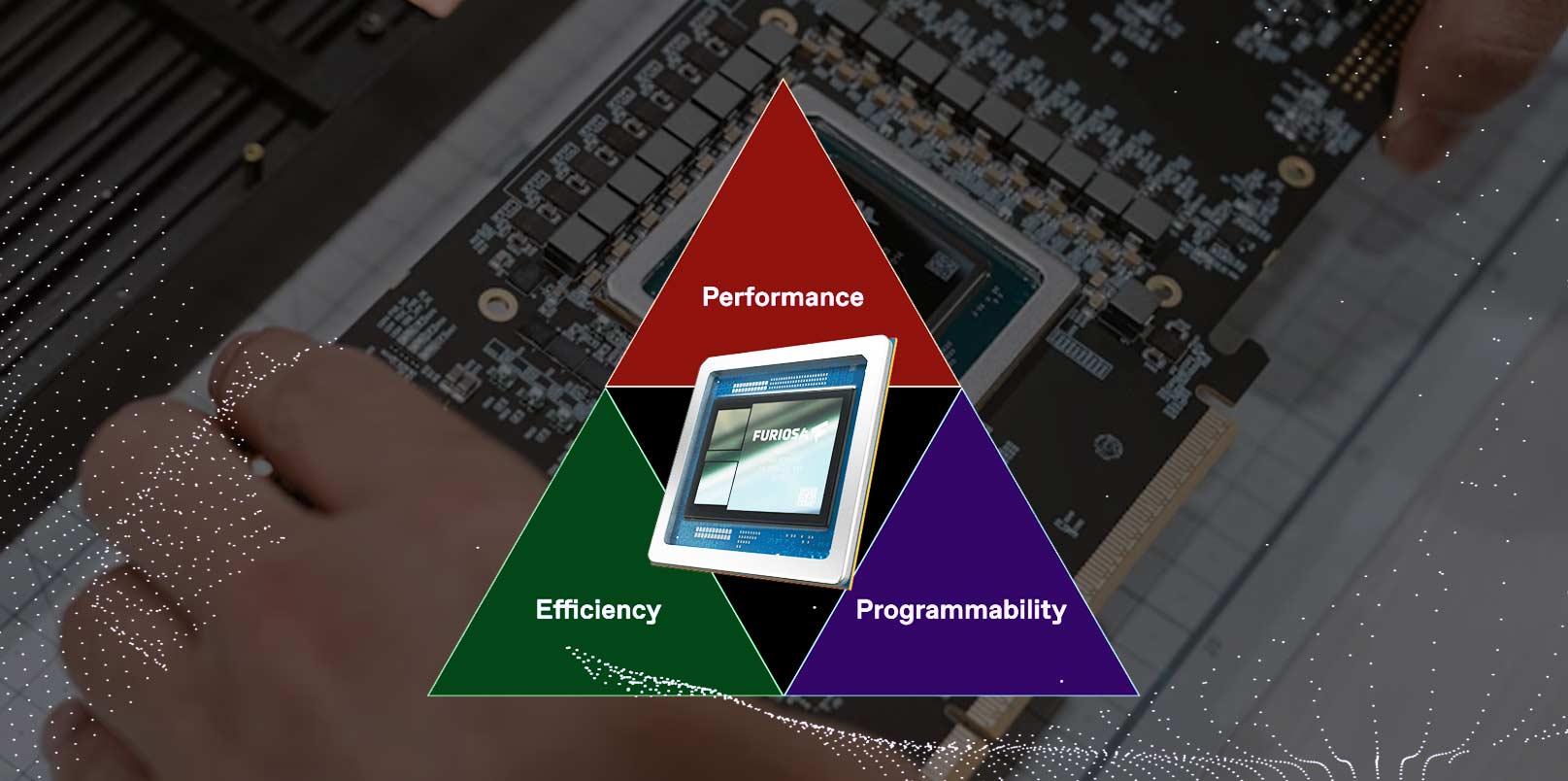South Korean AI chip startup Rebellions has announced a partnership with U.S.-based Marvell Technology to co-develop custom AI infrastructure targeting sovereign-scale deployments. The collaboration aims to serve public-sector AI systems in APAC and the Middle East, where demand for energy-efficient, scalable alternatives to GPU-based architecture is rising. The move positions Rebellions within the growing global race for regionally controlled, next-generation AI infrastructure.
Rebellions & Marvell Technology’s Strategic Focus: Custom AI Infrastructure for Sovereign Systems
As AI becomes an essential layer of national digital infrastructure, governments and regional cloud providers are increasingly seeking solutions tailored to their data sovereignty, operational control, and cost-efficiency needs.
Rebellions and Marvell’s collaboration directly addresses this demand through custom ASIC-based AI accelerators, built for sovereign-scale deployment environments—such as government datacenters, localized LLM operations, and national AI clouds.
The companies stated their intent to design solutions that move beyond conventional server-based systems, aiming instead to deliver end-to-end rack-level AI infrastructure.
Rebellions will design customer-specific inference chips using Marvell’s advanced platform capabilities—including chiplet integration, high-speed SerDes, and die-to-die interconnects—all optimized for high-performance AI inference at scale.
A Shift Away from General-Purpose GPUs
This partnership reflects a broader shift in AI hardware: from one-size-fits-all GPU-based architectures to domain-specific, custom silicon.
While global hyperscalers have led early adoption of AI accelerators, sovereign-backed initiatives across APAC and the Middle East are now pushing for more localized control over performance, data management, and energy use.
“By integrating our expertise in AI chip design with Marvell’s advanced semiconductor technologies, we aim to provide sovereign AI infrastructure optimized for the real-world demands of national governments and public agencies.”
Park Sung Hyun, CEO of Rebellions.
“Custom AI infrastructure is becoming a defining trend in the datacenter space.
Through this collaboration, we will deliver next-generation AI infrastructure that combines performance, efficiency, and scalability.”
Will Chu, Executive Vice President of Custom Cloud Solutions at Marvell Technology.
Rebellions & Marvell Technology’s Custom AI Infrastructure Partnership: Impact and Significance
The collaboration comes at a time when Korean startups are increasingly active in the AI semiconductor race, especially around large-scale inference and LLM-specific acceleration.
Korean startup company Rebellions has already commercialized AI chips, such as ATOM, which has been in mass production since 2024, and REBEL, its next-generation inference platform featuring chiplet-based architecture and large-memory integration capabilities.
Rebellions is backed by key strategic investors, including SK Telecom, SK hynix, Wa’ed Ventures (Aramco), and KT, making it one of Asia’s most competitive independent AI semiconductor platforms.
In financial markets, Marvell’s shares rose modestly in the morning session following the announcement, amid investor interest in custom infrastructure opportunities.
Geopolitical and Ecosystem Implications
Ultimately, this partnership aligns with global movements to reclaim AI autonomy from centralized cloud providers and single-vendor GPU supply chains.
As APAC and MENA nations build out their own sovereign AI frameworks, the ability to deliver tailored, high-efficiency infrastructure at scale is rapidly becoming a national imperative.
For Rebellions, the collaboration with Marvell signals its entry into a global tier of infrastructure-focused AI startups capable of servicing government-led digital strategies. For South Korea, it reinforces the country’s ambitions to lead not just in memory chips, but in AI-optimized silicon for global use cases.
🤝 Looking to connect with verified Korean companies building globally?
Explore curated company profiles and request direct introductions through beSUCCESS Connect.
– Stay Ahead in Korea’s Startup Scene –
Get real-time insights, funding updates, and policy shifts shaping Korea’s innovation ecosystem.
➡️ Follow KoreaTechDesk on LinkedIn, X (Twitter), Threads, Bluesky, Telegram, Facebook, and WhatsApp Channel.






